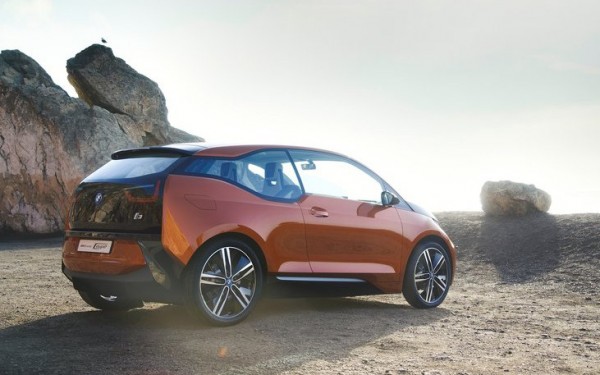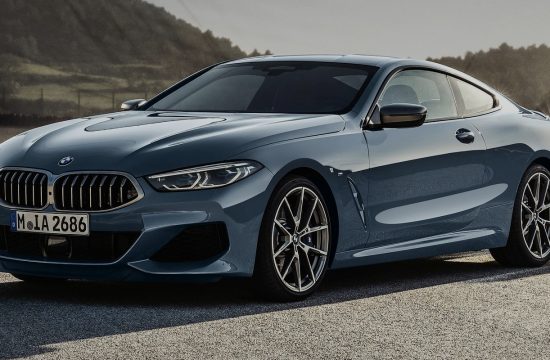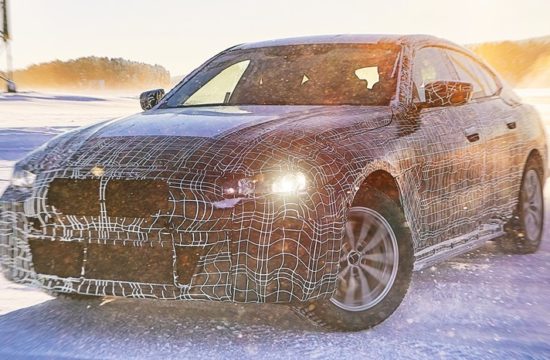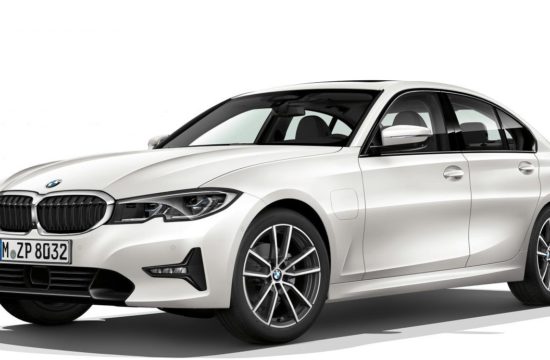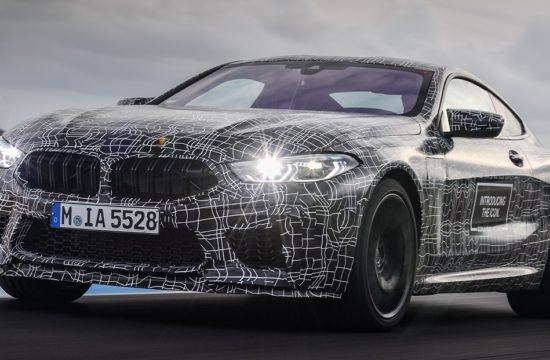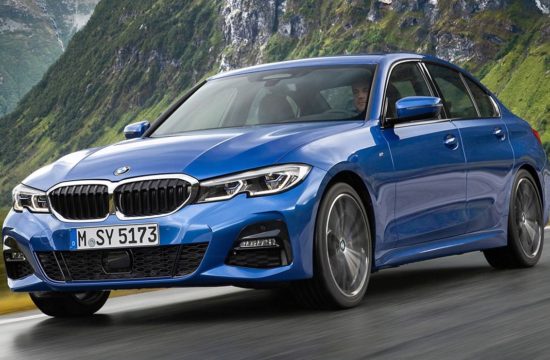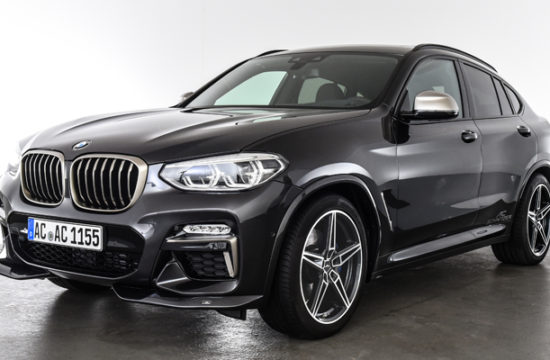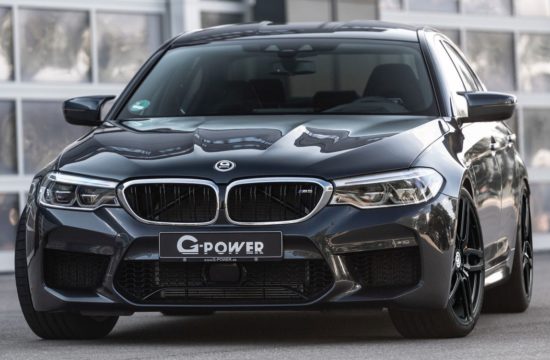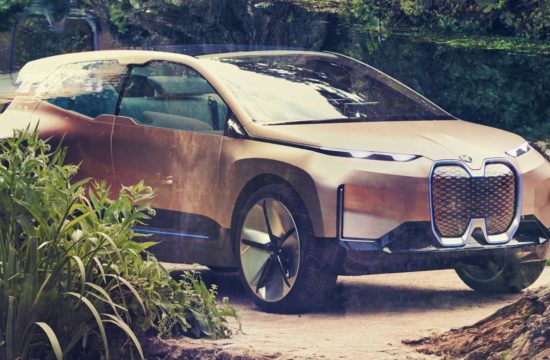The first production BMW “i” model will soon be launched, and it’s the little i3 electric car. It might be little, but it comes with a fairly big price tag. The i3 starts at $41,350, to which you have to add a $925 destination charge. So why not buy a normal 20 grand hatchback, eliminate the range anxiety, and spend the other 20 on fuel and other stuff?
Well, that is a question you can’t answer rationally. If you accept that electric cars are the future of motoring, then you have to accept the price you have to pay. Of course, you can knock up to 10 grand off that price, after government incentives for electric cars and what have you. But still, these cars are far from a perfect replacement for our petrol-powered cars.
With the i3, BMW believes that they have made something extraordinary. The car has been in the works for a long time, and unless they spent that time fiddling around with the styling – which is still very controversial – it is ought to be good.
The i3 has an electric powertrain that makes the equivalent of 170 hp. Thanks to a carbon fiber passenger cell, it is also a fairly lightweight car. So the performance should be, on paper at least, decent. But it can only manage 80 to 100 miles on one charge. Compared to other similarly-sized electric cars, it is pretty good. In the real world, though, it will be a real pain. Even with the fast chargers, which affect the lifetime of your expensive battery pack negatively, it still takes 20 minutes before you can get going again.
BMW i3 is expected to go on sale in the second half of 2014. Let’s hope that until then the car industry comes up with a solution for recharging EVs more efficiently. Or at least make them cheaper. The way things are at the moment, the consumers lose at both ends.

